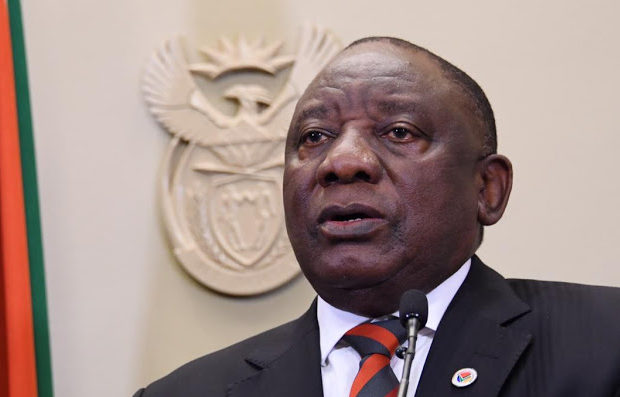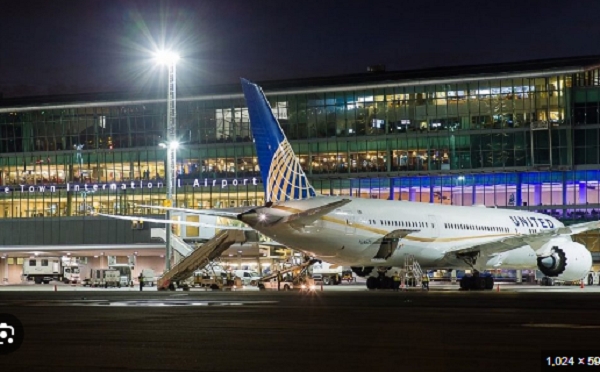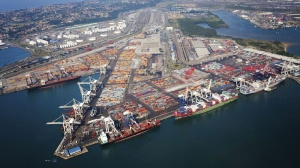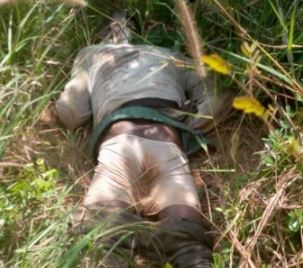News AfricaSouth Africa News
South Africa Decides to Extradite Chang to United States for Court Trial

Reports have indicated, after several judicial negotiations, that former Mozambican Finance Minister Manuel Chang would finally be handed over to the FBI to face fraud and corruption charges in the United States.
At first, a spokesperson for the South African justice ministry explained he would be “handed over to the Mozambican authorities to be tried under Mozambican law for abuse of position and function, violation of budget laws, fraud, embezzlement, passive corruption, money laundering and criminal association.”
But the decision ended in a stalemate, as in October 2019 South Africa’s High Court ruled previous Justice Minister Michael Masutha’s decision to extradite Manuel Chang to Mozambique invalid as he “still enjoyed immunity” in his country.
Chang has been in jail in South Africa since December 2018. He was arrested while transiting through Oliver Tambo International Airport (29 December 2018) on an arrest warrant sought by the United States who had charged him with fraud and corruption, and he has since been held in the neighboring South Africa.
He was arrested and detained by the international police for allegedly being involved in fraud and corruption when he served as a minister. He was in charge of Mozambique’s finances when the country guaranteed more than $2.2bn (£1.5bn) in secret borrowing by state-owned firms.
Between 2013-2014, three newly established companies took on $2.2bn of debt, much of it without the knowledge or approval of the country’s parliament. The money was allegedly used to buy a large tuna factory and a maritime security fleet, as well as to finance other deals involving companies in which the state is a leading shareholder.
Chang’s arrest was linked to the son of Mozambique’s ex-president Ndambi Armando Guebuza. In December 2022, he was sentenced to 12 years in jail, following years of extensive investigations into a corruption scandal which caused financial havoc and serious negative impact on the economy.
The crimes committed have brought consequences whose effects will last for generations. The government masked the loans from parliament and the public. When the “hidden debt” finally surfaced in 2016, the International Monetary Fund (IMF) and other foreign donors cut off financial support, triggering a sovereign debt default and currency collapse.
According to reports, many US investors had lost money in what was described as a $2.2 billion loan scam involving two banks, the Credit Suisse and the Russian VTB bank. The secrecy and corruption surrounding the loans dealt devastating blows to Mozambique’s credibility and reputation.
It was the Wall Street Journal first revealed the hidden debt in April 2016. According to the United States investigation, much of the fraud and money laundering took place through transfers processed by banking institutions in New York.
The International Monetary Fund (IMF) now returns with a set of new funded programmes to Mozambique, six years after the lender halted its previous deals in the wake of a financial scandal involving three fraudulent security-linked companies, and two banks – Credit Suisse and VTB of Russia.
One of the world’s most impoverished countries, Mozambique is still grappling with its hefty debt burden, as well as the impact of Covid-19, which led to its first economic contraction in three decades last year.
With an approximate population of 30 million, Mozambique is endowed with rich and extensive natural resources but remains one of the poorest and underdeveloped countries in Africa. It is a member of the Southern Africa Development Community (SADC).
Source: Thepressradio.com| 2023| Kestér Kenn Klomegâh





